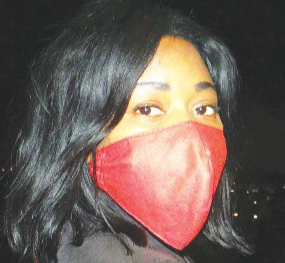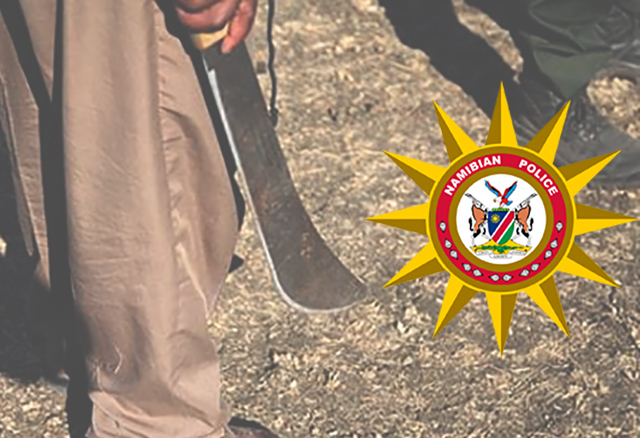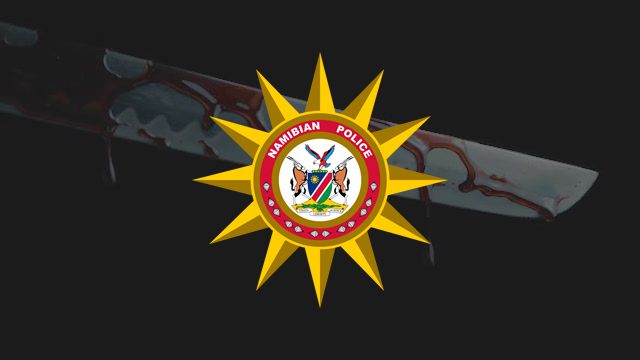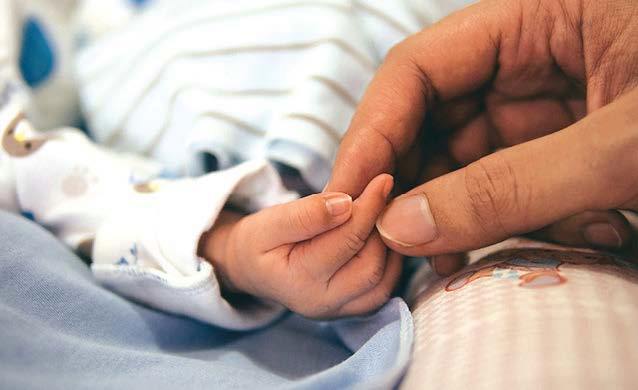Nothing says it’s rainy season in Windhoek like a taxi driver swerving towards oncoming traffic.
When I’m done yelling, praying and asking where the man bought his licence, the driver puts the blame squarely on the procession of potholes that are eating the city’s roads alive.
“Potholes!” he says matter-of-factly, before glancing at the rearview mirror where a number of cars are engaged in a discordant vehicular tango, veering right, skirting sidewalks, or simply driving through the damp depressions with a scene-stealing splash.
My driver’s calculated and controlled swerve to miss a particularly deep hole is what has us barrelling towards a large truck, because, wildly, the man will take his chances with a head-on collision rather than have to buy another tyre.
“You’d think it’s just water and you’d just drive,” says the driver, setting up his story with all the intensity of a crime thriller.
“But, sometimes, in that pothole, there’s even a sharp stone and it could damage your tyres.”
The man is clearly speaking from experience, and, for the next 10 minutes, I receive a zealous education on the perils of potholes.
Lesson one is concerned with wheel alignment, and, with compassion for my status as a perpetual pedestrian, the driver explains the concept to me with the patience of a saint.
“Your car must go straight,” he says.
“Potholes make it go out of wheel alignment, then when you leave your steering wheel, the car is just pulling to one side. When that happens, it finishes the tyre.”
The driver’s session on wheel alignment isn’t just theory, but a statement of current economic effects according to class of car and rendered in Namibia dollar.
“They have to put your car on the machine. For bakkies, wheel alignment is 300 plus. For sportscars, it’s higher, and for me it’s 150,” says the driver, who maneuvers his sedan through a particularly potholed four-way traffic intersection on Nelson Mandela Avenue.
I know the spot well. In fact, just a few days ago, my mother, bumping stoically over the craters, had summed up the state of the road in one brief and scathing sentence which I share jokingly with the driver.
“It’s like someone was just sitting here digging.”
We both chuckle and the driver starts his final pothole story, a vexing tale that recalls him on his way out of town with some very important clients.
“Last month, I was driving between Usakos and Arandis. I didn’t check a big pothole, and I was even speeding,” he says, clearly unperturbed by his lack of compliance with the law.
“I went through it, my tyre got damaged, and I had to change the whole thing again.”
Oddly, in that moment, I wonder if the man has children and if he’s converted his wealth of busted tyres into an old-school swing set for his kids.
I think better of suggesting it, because the mood isn’t quite right and my next thought is less outlandish and more relevant to the topic at hand.
I tell him I read somewhere there’s a man in India who’s filled over 600 potholes in memory of his dead child. The story goes that his teenage son died in a motorcycle accident when the bike he was riding on with his cousin hit a deep pothole and sent them both hurtling through the air.
His cousin, wearing a helmet, survived. His son, bare-headed, did not.
Now the boy’s father sources sand and gravel from building sites and fixes potholes in Mumbai to spare others the same fate.
Like Windhoek, Mumbai’s potholes worsen after heavy rains.
“Luckily, I was driving a better car, not this skoroskoro,” says the driver, hinting that he knows his pothole mishap could have been far worse than just the need for a new tyre.
We pull into a local restaurant’s parking lot, which is half drowned in water-filled holes, and we turn to look at each other like ancient veterans of the most absurd war.
“Potholes!” I say, smiling gently as I unbuckle my seatbelt and climb out of the car.
“It’s the price we pay for the blessing of rain.”
Well, that and N$150 for wheel alignment.
– martha@namibian.com.na; Martha Mukaiwa on Twitter and Instagram; marthamukaiwa.com
Stay informed with The Namibian – your source for credible journalism. Get in-depth reporting and opinions for
only N$85 a month. Invest in journalism, invest in democracy –
Subscribe Now!








